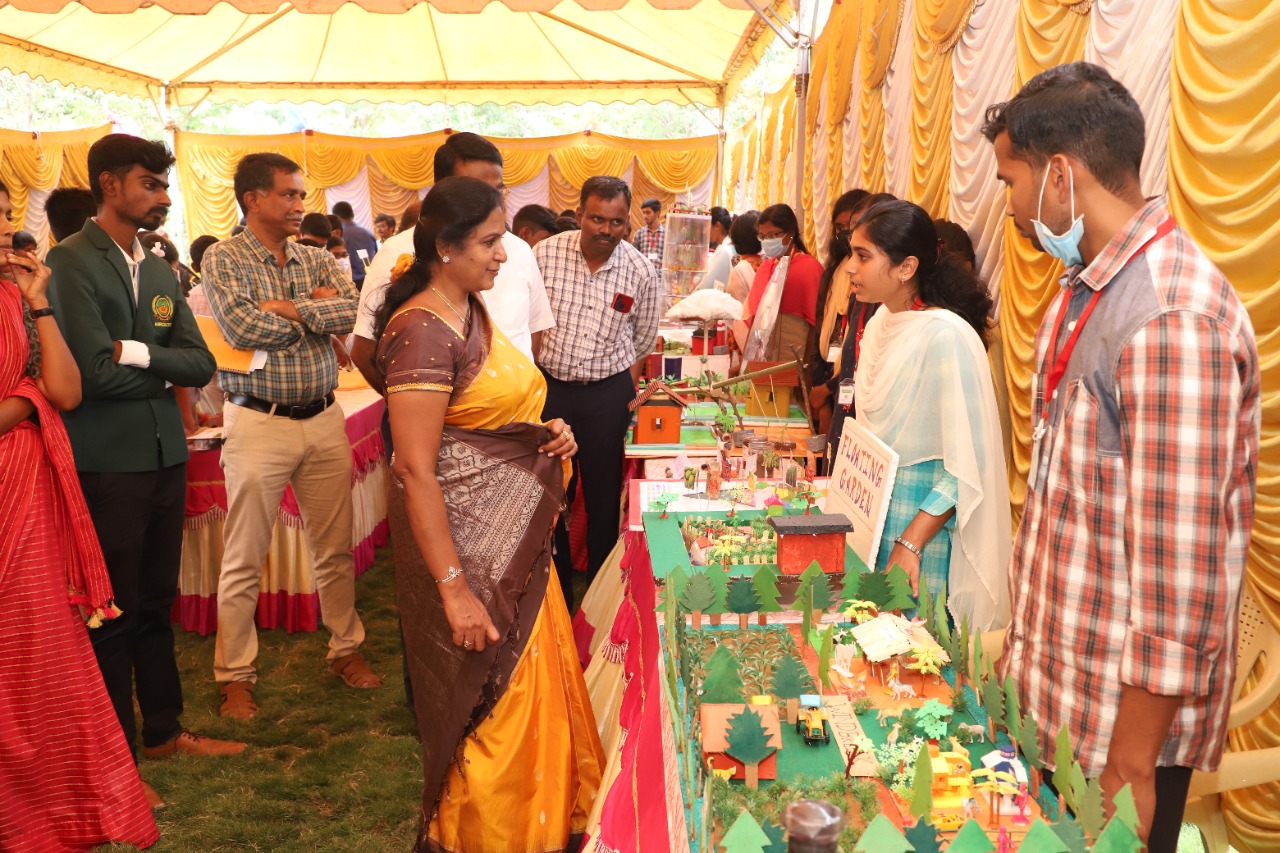The Tamil Nadu Agricultural University (TNAU) had its genesis from establishment of an Agricultural School at Saidapet, Madras, Tamil Nadu, as early as 1868 and it was later relocated at Coimbatore.
Get in touch
- info@tnau.ac.in
- 0422 6611200
- Monday to Friday: 9am to 5pm
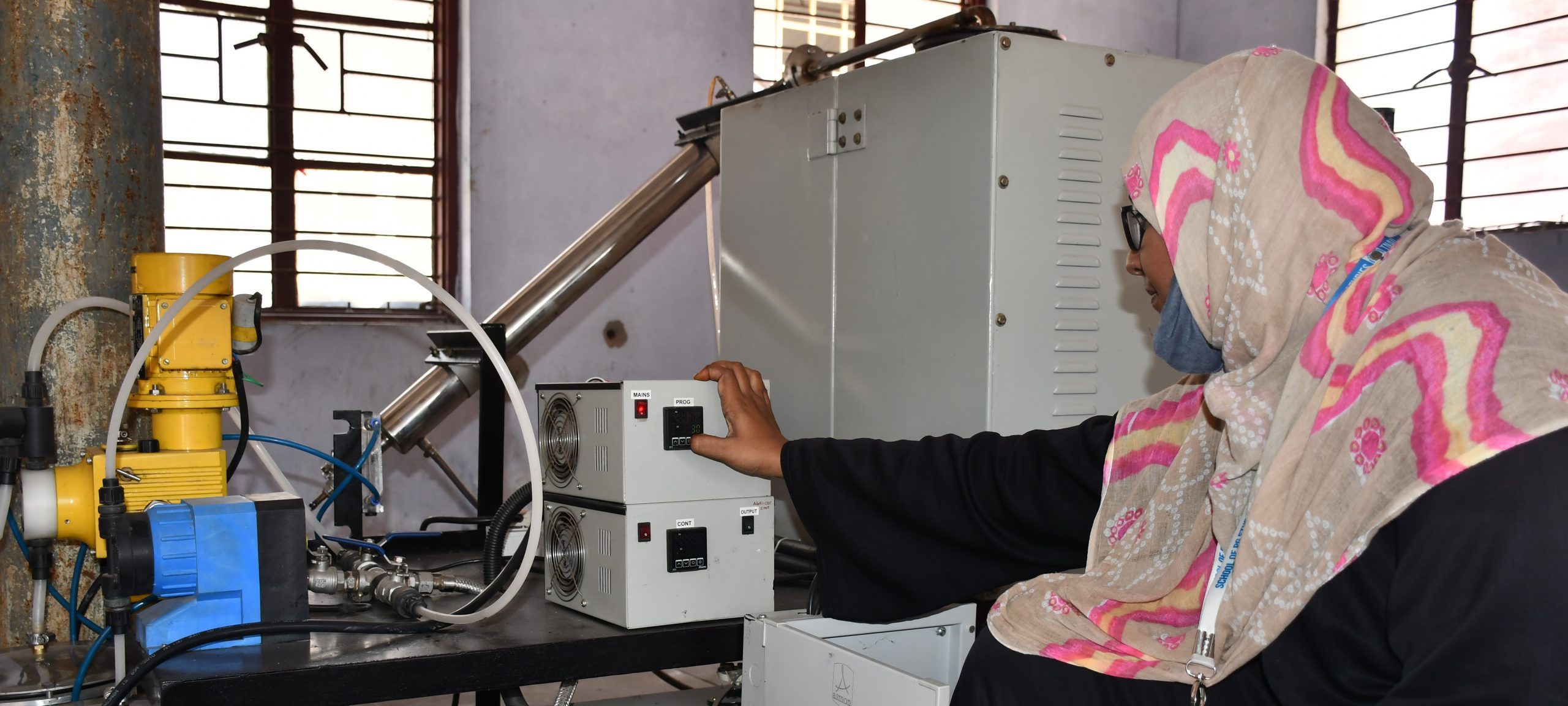
M.Tech (Agricultural Engineering) in Renewable Energy Engineering
Prelude
Providing a unique educational experience that inspires students to contribute and compete in the rapidly changing global energy market to achieve societal goals and to provide exemplary service to the profession; industry and the development of our country to succeed in the modern world. Providing the scientific basis for enhancing and sustaining productivity in the farming sector with modern agricultural implements, equipment and renewable energy.
Why this programme?
- To develop a strong, highly qualified students in Renewable Energy Engineering.
- To encourage students participation in the development renewable energy gadgets/system or utilization in agro industries.
- To develop technical manpower in the field of Renewable Energy Engineering.
- To encourage Inter-institutional collaborative research on frontier areas of Renewable Energy Engineering
Study Programme
The Masters programme in Renewable Energy Engineering has been designed following the UGC guidelines. The course imparts:
- To conduct basic and applied research on energy in agriculture and agro based industries
- To achieve the energy sustainability through renewable energy based power generation
- To generate energy from biomass through thermochemical energy conversion methods
- To develop low-cost biogas reactors for treating solid and liquid wastes generated in the f farm and allied industries.
- To harness solar energy through solar thermal and solar photovoltaic devices to enhance rural livelihood
- To update the process development in biofuel production from various feedstocks of agricultural and forest crops
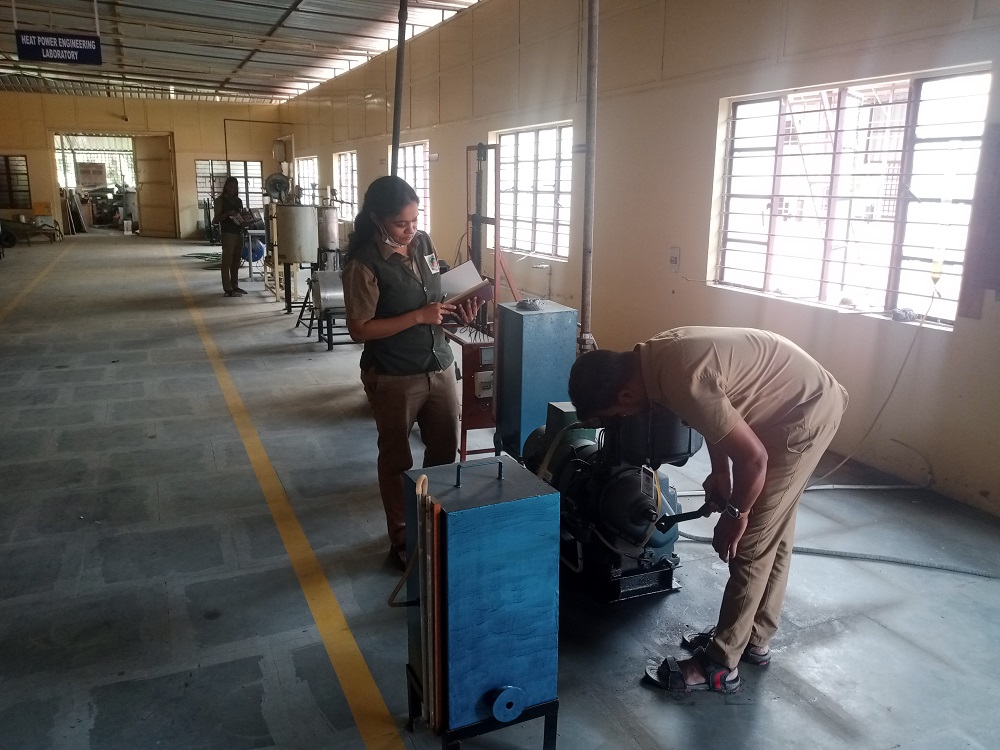
Colleges offering
The master programme in M.Tech. (Agri. Engineering) in Renewable Energy Engineering is offered by the Department of Renewable Energy Engineering, AEC&RI, TNAU and AEC&RI, Kumulur, Trichy.
Application and Admission
Interested in taking part in the programme of Biotechnology? Find out more about the specific Admission requirements and the application procedures. If you doubt whether admission is possible, feel welcome to apply online. The Admission Committee will check your admissibility.
Future Career
To replace table content
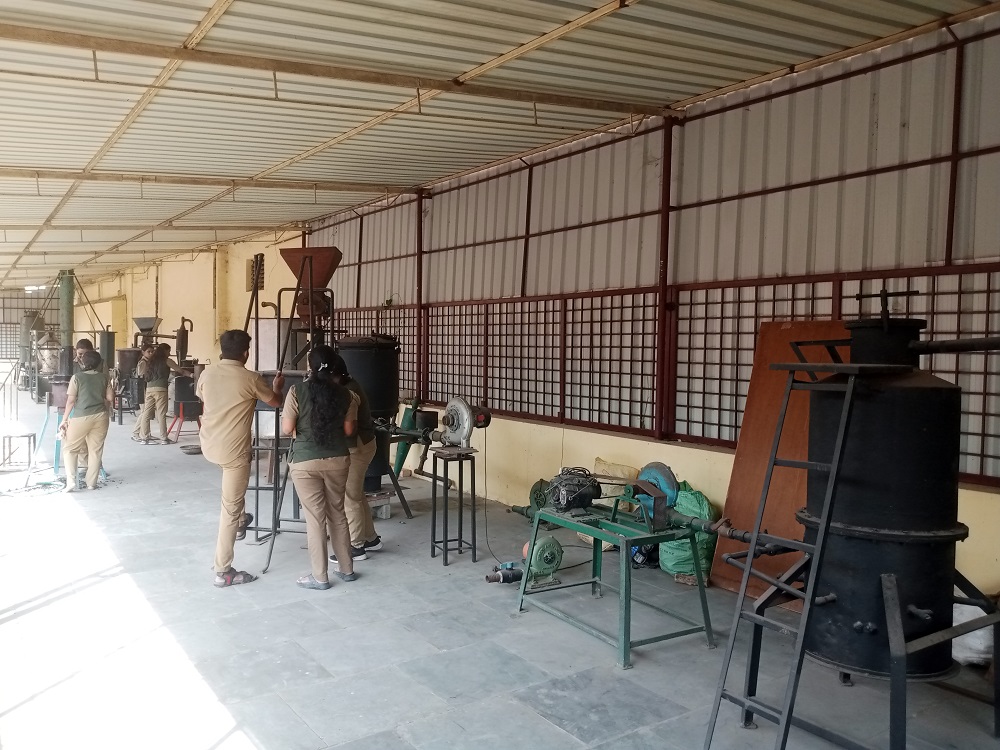
M.Tech. (Agri. Engineering) in Renewable Energy Engineering
Master Courses
After admission, the students undergo a set of courses that help them understand the basics of Renewable Energy Engineering as per the Choice Based Credit System (CBCS) with a total credit load of 70 credits, of which 30 credits are exclusively earmarked for their Thesis Research.
Master’s thesis research
After completing the courses in the first year, the students start their thesis research. Each student is assigned to an experienced faculty, approved by the Dean of School of Post-Graduate Studies, who would guide the student on his/ her choice of research topic.
Research internship
PG scholars are encouraged to have internship training at other institutes for a couple of months, either in India or abroad. Furthermore, the students are exposed to several scientific events like symposia and conferences.
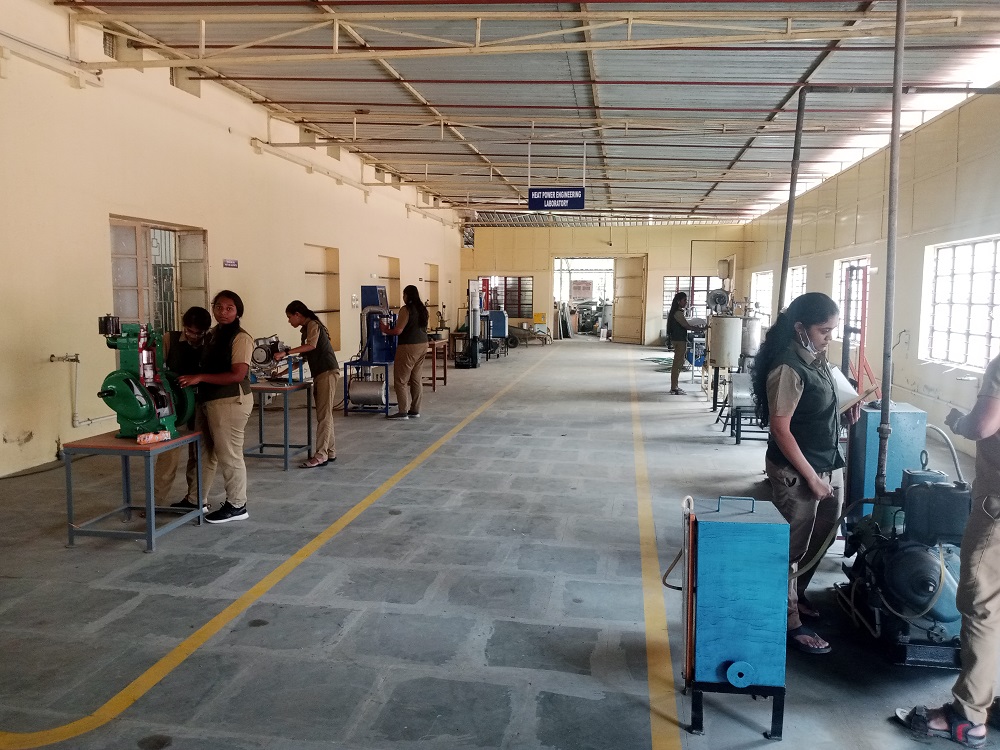
Student Experiences


